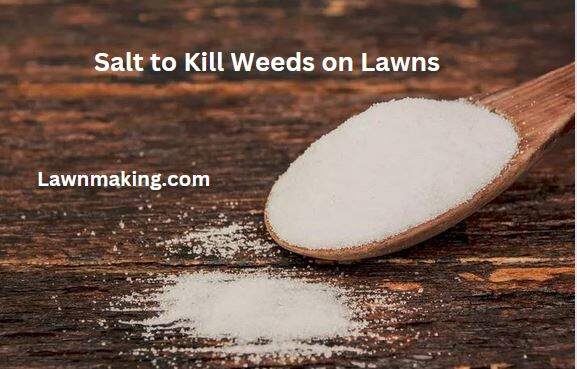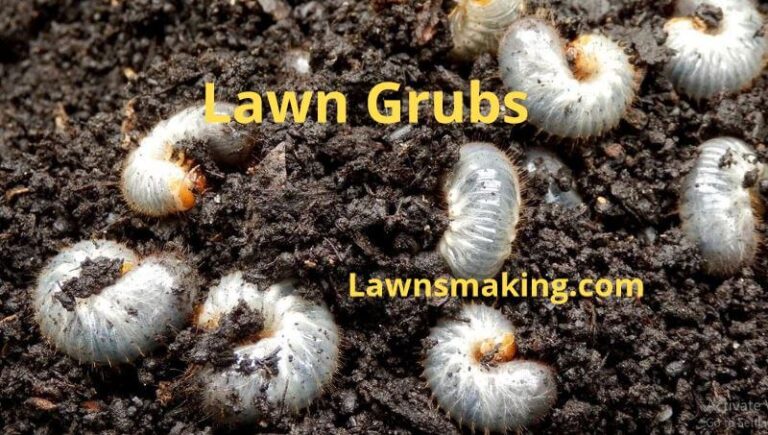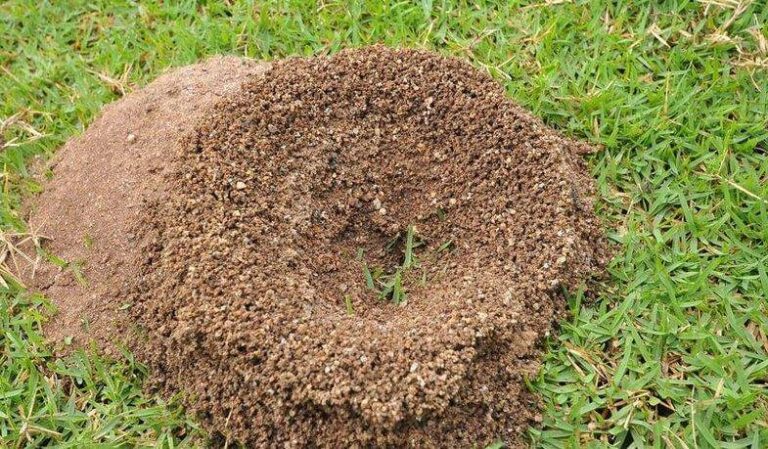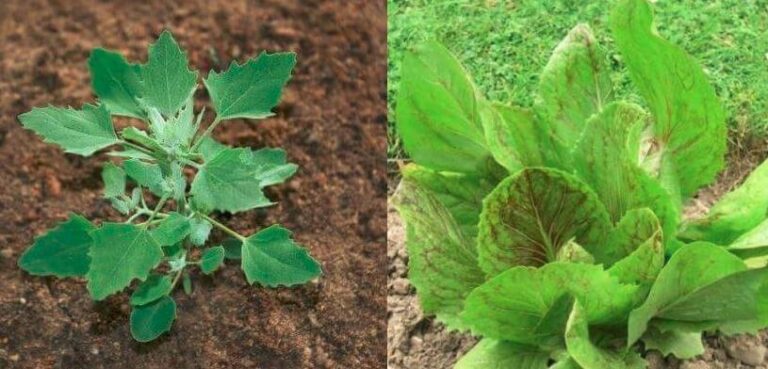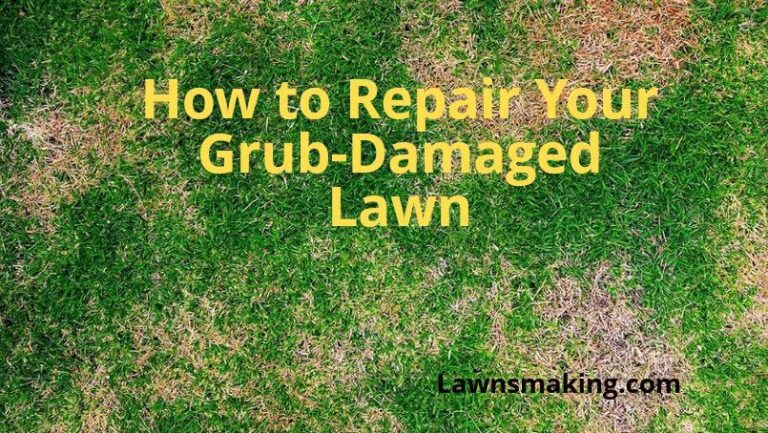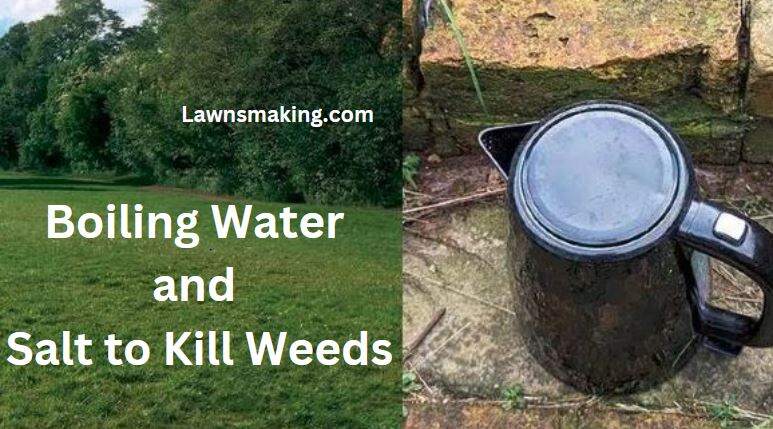
Dealing with weeds can be a thorn in a gardener’s flesh. And while you can use commercially available chemical herbicides to combat them, they can be expensive and dangerous to health and the environment. As such, many gardeners resolve to kill weeds with boiling water and salt.
Boiling water and salt kill weeds by dehydrating and denaturing the cell structures. However, caution must be taken when applying the mixture to the weeds as salt is highly toxic and can harm nearby plants and soil. Boiling water can also compromise the overall health of the surrounding soil.
Keep reading this article as we delve into how to kill weeds with boiling water and salt. We’ll explore the science behind using these ingredients alongside a recipe to eliminate stubborn weeds. We’ll also look at their positive aspects and their drawbacks to help you make an informed decision.
Can You Kill Weeds With Boiling Water and Salt?
Boiling water and salt are effective herbicides when used individually or together.
But, before you stock up on these ingredients, it’s best to understand how they eliminate weeds, when and where to use them, and how to apply them to attain the best outcome.
Also Read: 11 Effective Home Remedies to Get Rid of Grub Worms on Lawns
How Boiling Water Kills Weeds
The principle of weed control using hot water relies on the basic biochemical rule: temperatures of about 42°C (107.6°F) and above destroy most proteins, making them incapable of fulfilling their functions.
This means the heat will destroy the protein layer in the plant’s cell structure, causing the cells to collapse and systematically killing the entire plant. That’s why you’ll observe the plant wilting instantly after hot water application.
As such, temperature is critical when controlling weeds with hot water. The hotter the water, the more effective it is in destroying weeds.
While this is one of the easiest, least expensive, and eco-friendly weed control methods, some gardening experts criticize it.
They argue that the method is marginally effective because it typically destroys the portion above the soil. The roots are often protected from the hot water by the soil.
Many weeds can recover by utilizing the resources from the roots, rendering the damage temporary.
And while you can destroy the weed’s root system over time through repeated applications of boiling water, you risk damaging the roots of the surrounding vegetation and killing the soil’s essential micro-organisms.
Weakened roots are vulnerable to lawn diseases, so you might eventually mess up your entire lawn.
Therefore, it is best to use boiling water in areas with isolated weed patches where grass or ornamental plants are not nearby. Examples of such areas are:
- Driveways
- Pavements
- Patios
- Garden borders
Find Out: Does Creeping Charlie Die in Winter?
How Salt Kills Weeds
Like boiling water, salt makes a great weed killer. It is affordable, readily available, and simple to use.
Salt kills plants by dehydrating them. It draws water from nearby plant cells and tissues through osmosis, disrupting the plant’s internal water balance. As a result, the plant dries out and eventually dies.
Even though salt may seem like a good option for managing weeds, most experts suggest otherwise.
Salt is not garden-friendly as it’s highly toxic and non-exclusive. Salt does not decompose. It can harm the surrounding plants and alter the soil PH, potentially making the soil infertile for years.
For this reason, you’ll want to use salt to tackle weeds on a small-scale garden or lawn, where it will be easily washed away by rain or irrigation.
A more significant land portion will require a large amount of salt, which can make it sterile. It can take several years for the salt to be diluted enough to allow plant growth.
Alternatively, you’ll want to use this method on weeds growing on non-soil surfaces, such as the cracks in patios and driveways and between pavers. This way, you won’t have to worry about harming the soil or other plants.
How to Kill Weeds With Boiling Water and Salt
As you’ve seen, salt and boiling water can be used as herbicides. They will even be more effective if utilized together in a mixture.
The salt will dehydrate the plant cells, while the hot water denatures their composition – talk of double tragedy. Moreover, the hot water will enhance quicker salt absorption by plant roots.
Preparing a hot water and salt weed-killer mixture at home is pretty straightforward.
The salt concentration in the mixture will depend on where you wish to apply the solution, as you’ll see below.
Also, it’s worth noting that experts recommend using sodium chloride (table salt). Avoid Epsom, rock, or sea salts.
Here’s how to go about it:
Step 1: Bring water to boil in a pot.
Step 2: Add table salt to the boiling water until it dissolves. Starting with a relatively weaker mixture is best if you intend to use the solution on your lawn or garden bed. Consider preparing it in the 3:1 or 2:1 ratio of water to salt.
You can increase the salt concentration gradually until the day you observe the target plant wilting and dying.
A more aggressive concentration can be used to address weeds in areas like pavements, gravel pads, and driveways, where the soil’s long-term health isn’t a big deal. Consider mixing the components in three parts to one (3:1) salt-to-water ratio in such areas.
Step 3: Pour the salt water directly on the weed without splattering. Consider using a tea kettle or funnel to safely and precisely deliver the herbicide to the target weed. Resist the urge to soak the roots to safeguard the surrounding soil and plants.
Step 4: Water the nearby vegetation generously once you’ve applied the hot salt solution to the weeds. This will help prevent damage by expelling salt water draining into the surrounding soil.
Step 5: Reapply the treatment three or four more times or until you observe its effects on the weed. One application is usually insufficient to destroy the entire plant, mainly the deep-rooted ones.
Consider reseeding your lawn once the weeds are gone. A healthy, thick, and lush lawn discourages the growth of weeds.
Conclusion
Using boiling water and salt for weed control is a long-established but controversial method among gardeners.
It’s undeniably effective in eliminating pesky weeds, yet its potency is so exasperating amongst green-thumb experts.
This weed control method is all-inclusive – it can kill the plants you want to keep alongside the weeds. It can also damage the soil to sterility if used in high concentrations or over extended periods.
It’s, therefore, safer to apply on weeds growing on paved regions.
Nevertheless, always be cautious when killing weeds with boiling water and salt.
